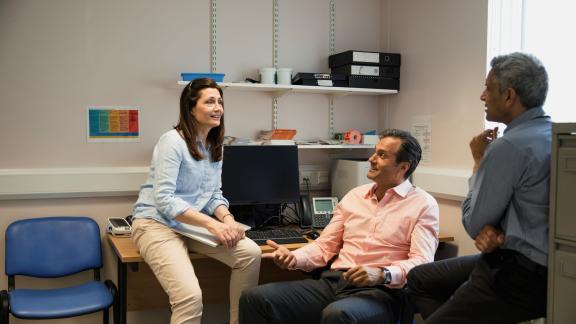Phased approach and leadership funding welcome in new PCN plans

Responding to the publication of the Primary Care Network plans for 2021/22 and 2022/23, Dr Pramit Patel, chair of the NHS Confederation PCN Network, said:
“This has been year of enormous pressure for primary care networks, during which they have made significant progress in managing demand from COVID-19 as well as rolling out a world-class vaccination programme.
“Our PCN Network members will therefore welcome a phased approach to introducing remaining elements of the contract, which with enable PCNs to plan and recruit to new roles, given the ongoing pressures on primary care. Since its very first member survey in December 2019, the PCN Network has identified three things PCNs need: more time, more autonomy, and management resource. These priorities have become increasingly critical over the last two years.
“The contract provides a significant step towards what we have been pushing hard for on behalf of our members, though there is still some way to go to ensure all PCNs are fully supported to thrive in the future.
"The introduction of dedicated funding for management resource is long overdue and will enable PCNs to put in place a more robust management infrastructure necessary to oversee the increasing amount of responsibility they are being given.
"Giving PCN clinical directors more autonomy over the funding they have to spend in such a way as meets their needs in order to better serve their communities is a step in the right direction given the wider context of system working and a focus on health outcomes.
"Given their links to communities they serve, PCNs are a key asset in taking a more preventative approach to managing their populations’ health and addressing inequalities. So it is vital that they are not being set up to fail and can be recognised as an equal partner in the delivery of integrated health and care within their system.”



